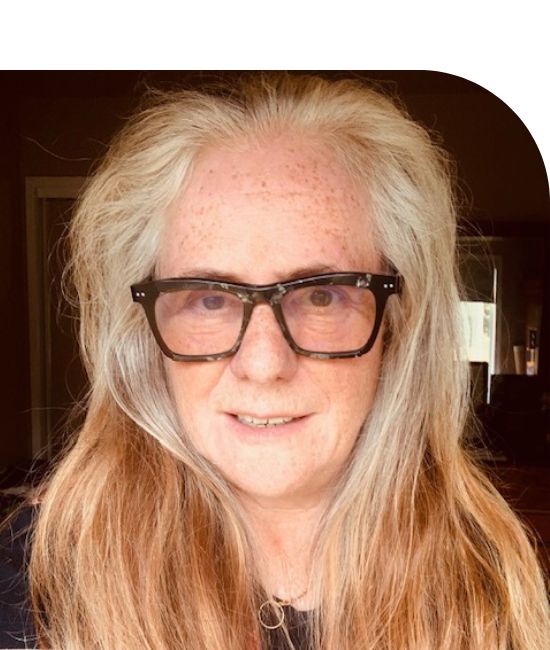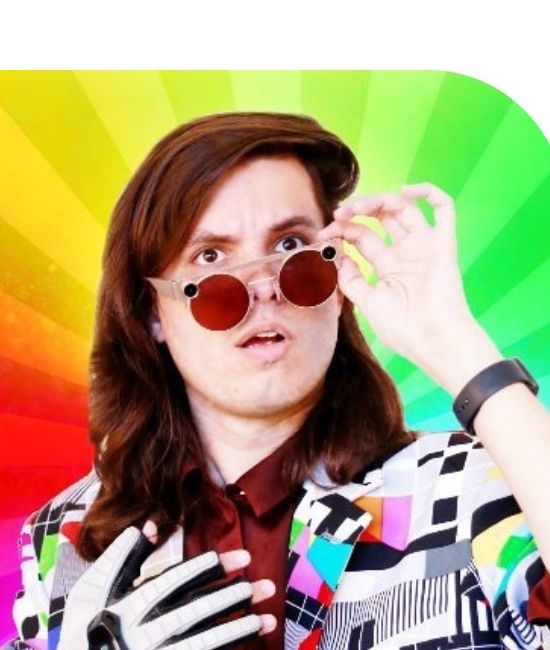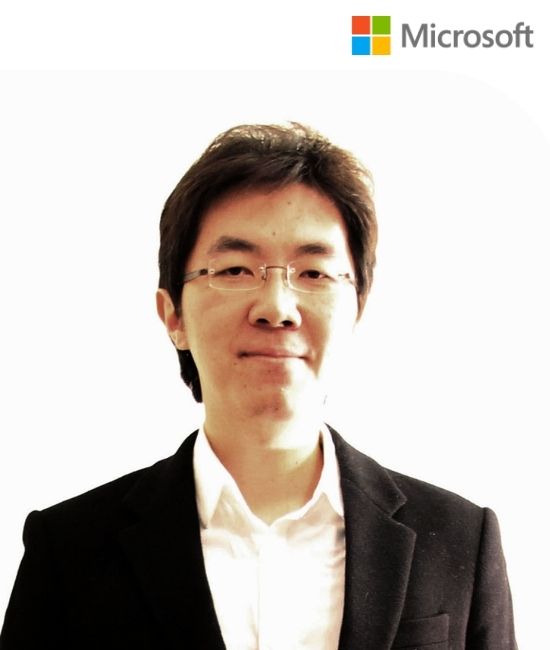04:35 PM - 05:30 PM
Description
In the midst of the Black Lives Matter protests around social injustice, Breonna Taylors' sister, Ju'Niyah, was grieving the loss of a loved one. This was complicated by the fact that she was receiving a barrage of death threats from racist counter protesters. In the midst of this upheaval, Breaonna's Garden was created as an augmented reality sanctuary and safe space for Ju'Niyah. A few months later, on the other side of the US, Portland Oregon became the epicenter of mass demonstrations to protest George Floyd's murder. A young, augmented reality creator, Steven Christian, used AR as a way to empower Black communities to express themselves through creativity, art, and technology. This panel will explore how virtual settings and creative technology can be tools for social justice and a means to cope with the realities of America's under-reported and ever-present caste system. Head of Unity's Social Impact group will interview two diverse creators on the ethos behind each project and how other underrepresented storytellers can utilize emerging tech to share their own experiences.
Speakers




Related Sessions
10:00 AM - 10:25 AM
Description
It is inevitable that augmented reality will change the way we explore and interact with our world and although the field will continue to evolve, now is the time to get in, explore, and shape how you want to see it. Storytellers are defining what AR looks like today, and forging what the future will look like.
Speakers

10:30 AM - 10:55 AM
Description
The "old web" of information, centered on 2D static content with HTML/CSS as the dominant paradigm, is based on web technologies that are decades old now, and is poorly equipped to serve the needs of AR/VR and spatial computing. Currently, a number of exciting new open source initiatives are coming together to create a new open spatial paradigm for the web, with grammars of interaction suitable for blending the virtual with the real and supporting AI and ML safely and wisely, to create a web of perception and shared context. This talk will look at the philosophy, technologies, innovations and innovators, working on this critical mission for spatial computing.
Speakers

11:20 AM - 12:15 PM
Description
As we know, there has been a lot of recent chatter, while many may even call it “hype”, over the concept of the ‘Metaverse’.
As with most emerging technologies, the biggest challenge is navigating through all this hype, filtering through the rogue companies and individuals that may seek to exploit others in the early stages, and identifying viable business models that could appropriately be built upon these technologies and become sustainable.
Join us as we curated a group of technologists and entrepreneurs who have discovered early success with investors, earnings, and both community and public support in their companies that will hopefully serve as foundational models that will further contribute to the advancement of the Metaverse.
Speakers




01:45 PM - 02:10 PM
Description
In this talk the founders of AR House Lucas Rizzotto & Aidan Wolf talk about how they started the largest AR Creator House in the world with a tweet, how it almost all went to hell and why these kinds of communities may be the strongest weapon we have against the rise of an AR dystopia.
Speakers


02:15 PM - 02:40 PM
Description
Learn how MRTK Figma Toolkit can help your UX design process for Mixed Reality. With MRTK Figma Toolkit, you can use 2D versions of the HoloLens 2 style UI components for creating UI layouts and storyboards. Figma Toolkit's Unity plugin can import the Figma file and recreate corresponding MRTK components in Unity. This will save a lot of time and effort for designer-developer collaboration.
Speakers
